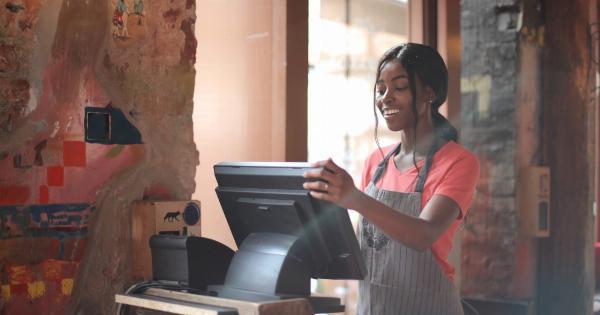Boredom and creativity may appear to be at opposite ends of the spectrum. Boredom is often associated with a lack of stimulation and engagement, while creativity is often seen as the ability to bring forth novel and imaginative ideas.
However, there is a complex and interesting relationship between these two concepts that has been explored by psychologists, researchers, and artists alike. In this article, we will delve into the connection between boredom and creativity, and how embracing boredom can actually enhance our creative capabilities.
The Paradox of Boredom
Boredom is typically viewed negatively in our culture. We often try to avoid feeling bored, seeking constant distractions and stimuli to keep ourselves entertained. However, boredom can also be seen as a valuable state of mind.
Psychologists have described it as a “wake-up call” for our brain, signaling that our current activities are not engaging enough.
When we are bored, our mind begins to wander. This can lead to daydreaming and a free flow of thoughts and ideas. This state of mind, called “mind wandering,” has been found to be highly conducive to creative thinking.
When our mind is not occupied with immediate tasks or external stimuli, it has the opportunity to tap into our creativity.
The Creative Potential of Boredom
Researchers have found that boredom can actually enhance creativity in various ways. Let’s explore some of these findings:.
1. Divergent Thinking
Boredom can stimulate divergent thinking, which refers to the ability to generate multiple ideas or solutions. In a bored state, our mind is more likely to engage in unconventional and original thinking.
This can lead to innovative approaches and creative problem-solving.
2. Daydreaming and Incubation
When we are bored, our mind has the freedom to wander and daydream. Daydreaming has been linked to the activation of different brain networks, including the “default mode network” (DMN).
The DMN is associated with introspection, self-referential thinking, and creative incubation. This incubation period allows ideas to simmer and connect in new and unexpected ways.
3. Seeking Novel Stimulation
When we experience boredom, we often seek new and novel experiences to alleviate the feeling. This drive for novelty can push us to explore creative outlets, such as art, writing, or music.
Trying new things can spur our imagination and provide a fresh perspective on the world.
4. Re-evaluating Goals and Priorities
Boredom can also prompt introspection and lead us to re-evaluate our goals and priorities. When we are no longer occupied with external stimuli, we have the space to reflect on our lives and consider new directions.
This re-assessment can ignite creative sparks and inspire us to pursue previously unexplored avenues.
Utilizing Boredom for Productivity
In a world filled with constant distractions and information overload, embracing boredom can be a powerful tool for enhancing productivity and fostering creativity. Here are some tips on how to leverage boredom for your benefit:.
1. Embrace Unplugged Time
Set aside designated periods of time to unplug from technology and external stimuli. This can be as short as five minutes or as long as an hour.
Use this time to let your mind wander freely and explore your thoughts and ideas without the interference of digital distractions.
2. Engage in Mindful Activities
Engaging in mindful activities such as meditation, yoga, or simply taking a walk in nature can help cultivate a state of boredom that facilitates creativity.
These activities allow you to be present in the moment and create space for your mind to wander and generate new ideas.
3. Embrace Boredom as a Catalyst
Instead of immediately seeking distractions when you feel bored, try to embrace the boredom and see it as an opportunity for creativity.
Allow yourself to be comfortable with the temporary discomfort of boredom and trust that it can lead to new insights and ideas.
The Bottom Line
Boredom and creativity are not mutually exclusive; in fact, they can be closely intertwined. By embracing boredom and giving our minds the space to wander, we can tap into our creative potential and discover new ideas and perspectives.
So, instead of shunning boredom, let’s reframe it as a valuable state of mind that can fuel our creativity and lead to personal and professional growth.






























